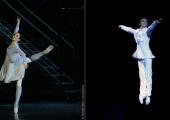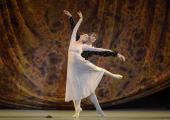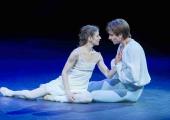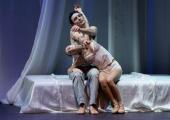Betrothal in a Monastery, Maryinsky Opera, Cardiff
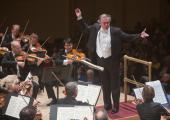
Prokofiev comedy semi-staged with wit and lyrical eloquence
It’s one of the ironies of life and art that Prokofiev’s tenderest and most romantic opera was composed at a time when he was abandoning his wife in favour of a Moscow literature student half his age. Betrothal in a Monastery is a setting in Russian of an opera libretto by Sheridan about the attempt of a Spanish grandee to marry off his young daughter to an elderly fish merchant. Like most comic operas, and some not so comic, it’s set in Seville; the wife Prokofiev was walking out on was Spanish.



